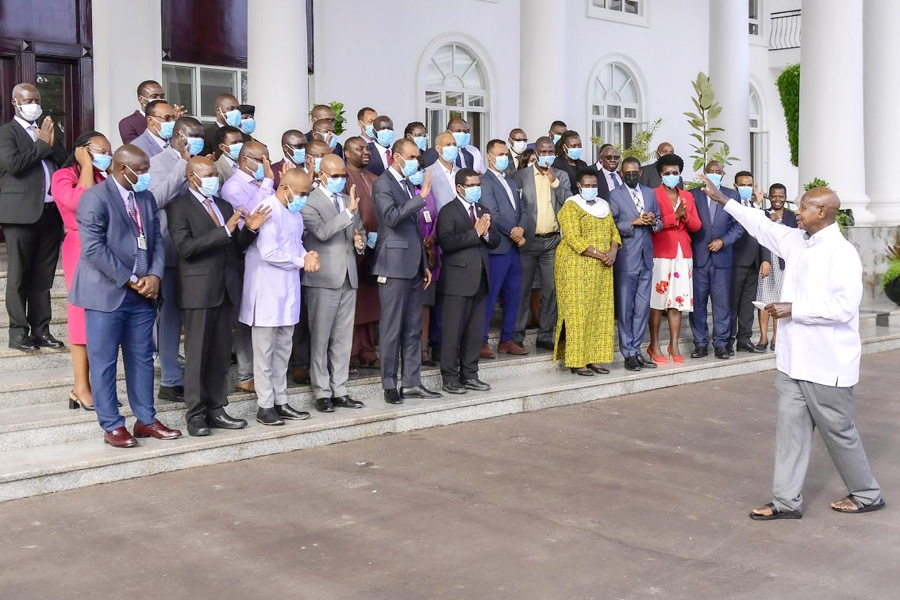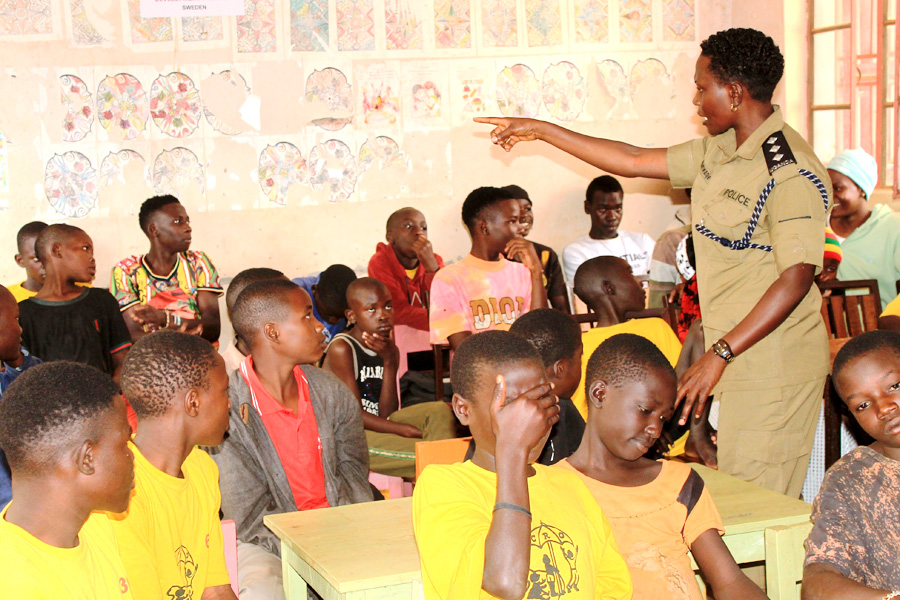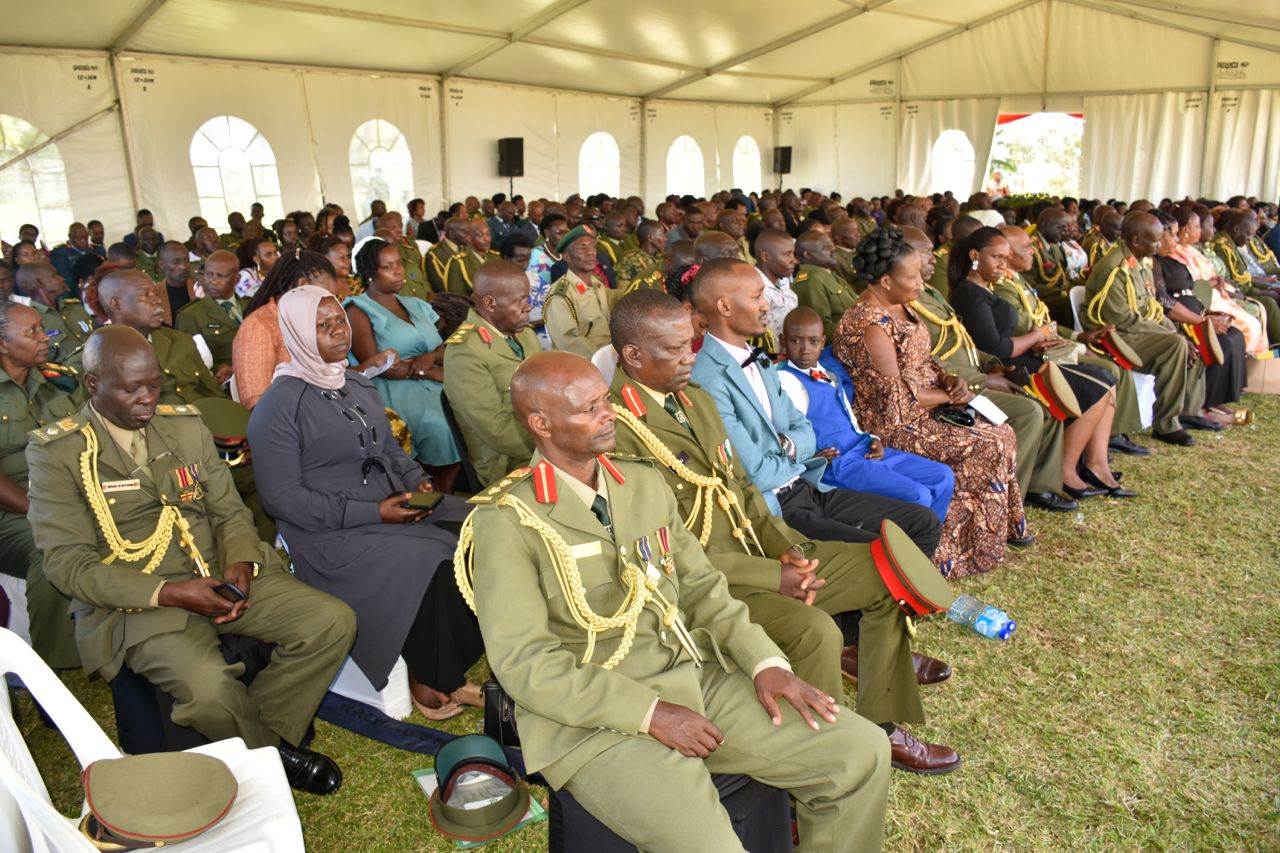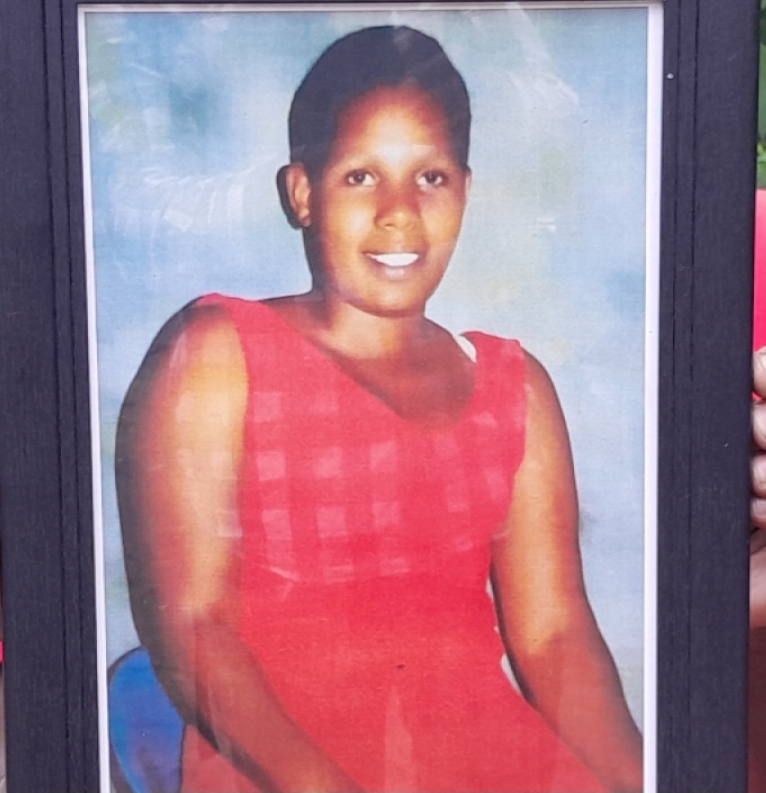REVIEW: William Pike’s Bush War book is “Unputdownable”
Author: William Pike
Book: Combatants: A memoir of the Bush War and the press in Uganda
Availability: Aristoc Booklex, Kampala
I have resisted reviewing Mr. William Edward Cathcart Pike’s “Combatants: A memoir of the Bush War and the press in Uganda” for two reasons.
One, I am too close to the subject as my father is a central character in this book.
And two, because of the first reason, I am inclined to treat this memoir as a supreme masterpiece enkindled by the author’s revolutionary fervor.
However, in light of NRM/A’s current reactionary tendencies, I am also inclined to echo a question asked on page 276 of this book by Salim Saleh, in 1985: “Is this a revolution?”
The book’s first chapter “Tanganyika and Tanzania” explore the author’s background.
He was born on May 24th, on the same date as singer Bob Dylan’s birthday.
The year of Mr. Pike’s birth is 1952: the year Nelson Mandela was arrested under the Suppression of Communism Act.
Pike’s father rose to the position of Colonial Secretary for Lands and Mines.
The author took a Master’s Degree in African studies at the School of Oriental and African Studies from the University of London.
It was there his life changed.
“The School of Oriental and African Studies coffee bar changed my life for it was there that I met Ben Matogo,” he writes.
This meeting led to his “Discovering Uganda”, the title of Chapter 2, and eventually finding his way to the Luwero Triangle in Chapter 4: The Bush.
These chapters along with Chapter 5 (Meeting Museveni) are the most exciting in the book.
While in the bush, when speaking with victims of the bush war’s atrocities, Pike asked: “Who did these things?”
“‘It was the army, no it was the Acholi,” came the reply from NRA combatants.
On closer inspection, this remark about “the Acholi” inadvertently revealed the NRA’s actual tribal character.
Character, here, is the operative word.
Thomas Hardy wrote, in his classic “The Mayor of Casterbridge” that “Character is Fate”.
And so it was that the fate of this tribal character escalated insurgency in Northern Uganda leading to 1.5 million internally displaced persons (IDPs) being herded into what Professor Mahmoud Mamdani chillingly termed “concentration camps”.
When Mr. Pike finally met Mr. Museveni, the latter told him: “What is essential in military terms is not control of territory, at least for a liberation army. What is crucial is preservation.”
These words, to my mind, sum up NRM politics.
In its greed for eternal rule, the NRM’s strength can only be measured in terms of how it weakens its political opponents. From its “no party democracy” to the odious Public Order Management Act, self-preservation has always been at the heart of the President’s knee-jerk reaction to those who oppose him.
It seems that Pike’s mentor had also seen trouble on the horizon, even before the NRA/M had seized power.
“Ben Matogo in London had also been feeling jittery about the way the NRM was moving. There had been reports of corruption in Nairobi and opportunists were jumping on the NRM bandwagon. When I expressed his worries, Kale (Kayihura), a genuine idealist, said “Just tell Ben, hamna wasiwasi” (Don’t worry)”.
After the NRM/A came to power, Pike chronicles his work as Editor-In-Chief and Managing Director of The New Vision, then his eventual loss of that position.
Although a discerning writer, Mr. Pike is also a poor judge of character.
He describes Major General Kahinda Otafiire, the current Minister of Internal Affairs in the Cabinet of Uganda, as “a fine man, politically progressive and incorruptible.”
Most Ugandans would find such a description laughable, General Otafiire inclusive.
On the whole, though, it a well written book which seems to have been an item on the author’s bucket list. That’s because it was written almost entirely in 1992 and only published in 2021.
Yet Mr. Pike headed a successful publishing house for many years and even has the financial means to self-publish.
Also, the several factual errors, some cringe-inducing similes, careless typos and a lack of an index point towards my bucket list theory.
All in all, though, your money will be well spent when you buy this modern-day Ugandan classic.













